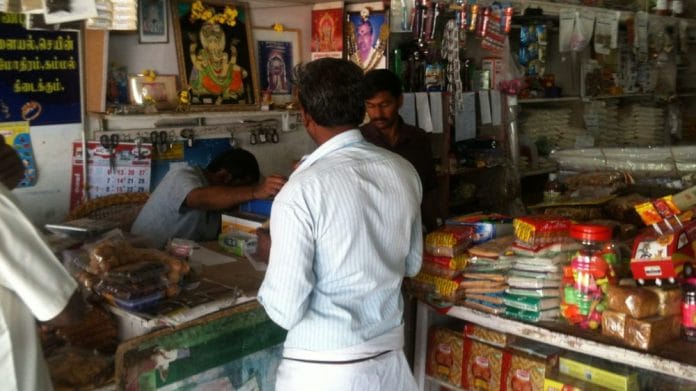Under GST, the government is setting up a National Anti-Profiteering Authority to ensure businesses do not cheat consumers. The new authority will ensure the benefit of reduced prices under the new indirect tax regime is passed on to consumers, said Law Minister Ravi Shankar Prasad.
The authority has the power to impose penalties and even cancel the registration of a business if it does not pass the benefits of GST to consumers. The authority will also devise a method to return the money to consumers.
Will the creation of the National Anti-Profiteering Authority address consumer concerns or will it impair business?
The establishment of the National Anti-Profiteering Authority (NAPA) can go a long way in ensuring that benefits of the GST are passed on to the consumers. However, the NAPA should not be used to harass traders. To this end, the following is necessary:
1. The staff/officers of NAPA should have a positive mindset and they should be selected through a proper psychometric test so that they don’t curdle the system and turn off honest traders. While the government notification mentions that the NAPA have four technical members and will be headed by a senior officer, no indication is provided with respect to selection of the staff. In addition, to ensure concerns of stakeholders are taken into account at the highest level, representatives from industry and consumer organisations should be made permanent invitees to meetings of NAPA.
2. While NAPA has the authority to order return of ‘undue’ benefit availed by supplier/business, it is not clear what does the term ‘undue’ constitute. The cost of compliance with GST and claiming input tax credit are expected to be substantial, and it might be unreasonable to expect the industry, especially the small-sized firms, to bear the entire burden of such cost. Evidence already suggests that MSMEs are required to bear disproportionately higher burden of regulatory compliance. Consequently, a part of increased compliance cost might genuinely be required to be passed on to the consumers, at least in short term, by some firms.
Here are other sharp perspectives on the National Anti-Profiteering Authority:
Dhruv Rathee: activist and YouTuber
Avi Singh: advocate and Additional Standing Counsel for the govt. of NCT, Delhi
Mandar Kagade: consultant with Finance Research Group at IGIDR
Further, it is not yet clear if the firms are/will be getting input tax credit in timely manner, to enable them to pass on the benefits to the consumers. More efforts are required in reducing the cost of compliance with GST, in generating awareness and building capacity of stakeholders.
3. The principles of natural justice should be followed, i.e. the orders of Standing Committee, Director of Safeguards and NAPA should be shared with relevant parties (consumer and business concerned) and should be available in the public domain. These orders should have reasons and the relevant agencies must provide a reasonable opportunity of being heard to relevant parties. In addition, there should be a provision for appeal by consumer as well as business concerned against the order of NAPA.
4. The NAPA should not only be reactive in nature (acting when a complaint is received), but should be pro-active, i.e. engage in mystery shopping etc., to identify possibility of unreasonable overcharging.
5. Establishment and operation of the NAPA and state-level screening committees is expected to impose significant costs on exchequer i.e. ultimately the citizens. Consequently, the investigations conducted by NAPA and consequent benefits passed on to the consumers owing to NAPA actions, must be recorded, and made available in public domain. The benefits of NAPA should supersede its costs.
Amol Kulkarni is a fellow at CUTS International







The term undue means, if the trader does not reduce price from 28%, 18% GST to 5% GST . Like Mc donalds, saravana Bhavan,. sangeetha restarant has charged Dosai Rs 50 when GST was 18%, now when GST is 5% the Dosai price should be Rs 30-35, if not its Undue